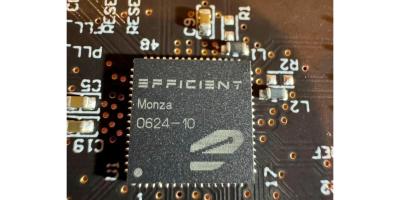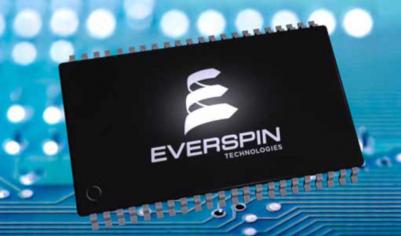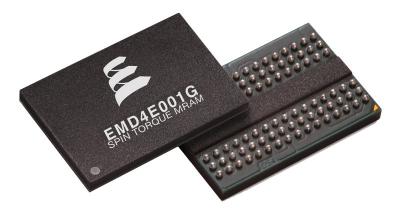Kioxia and Hynix co-develop the world's smallest 1Selector-1MTJ cell, that can enable 64Gb MRAM chips
Kioxia Corporation (Toshiba's memory unit that was spun-off in 2021), in collaboration with SK Hynix, announced that it has developed the world's smallest 1Selector-1MTJ cell.
Kioxia says that the two companies have demonstrated a reliable 1 selector-1 MTJ (1S1M) cell read/write operation with low read disturb rate of <1E-6 in 64 Gb cross-point array architecture. They have implemented cross-point 1S1M chips integrated in Half Pitch (HP) of 20.5 nm and MTJ CD of 20 nm using As-doped SiO2 selector and perpendicularly magnetized MTJ (p-MTJ).











